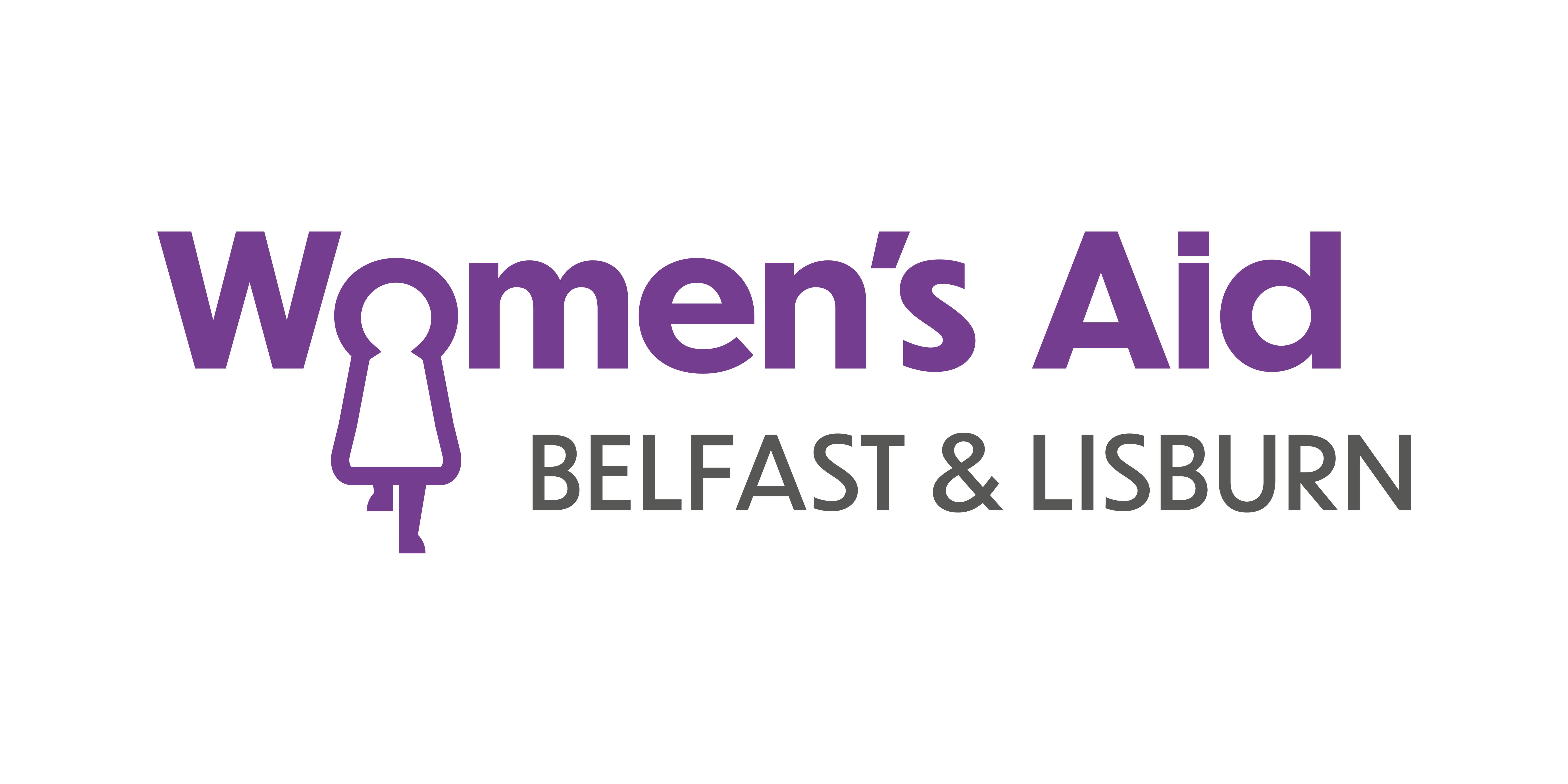Counselling and domestic abuse
People attend counselling for various reasons. In society, one of the common problems that we are facing is domestic abuse. But these days more people are coming forward to speak about domestic abuse. Very often the victims are women and the abusers are partners or ex-partners. We provide various services to women those who are suffering due to domestic abuse, including counselling.
Domestic violence is a broad term which includes physical, sexual, economic, online, and psychological abuse. The women who face this difficult situation often struggle with various psychological problems like stress, anxiety and depression. Here at Women’s Aid we provide a confidential environment which gives support for the victims of domestic abuse.
Is counselling important?
One of the important skills that our counsellors have to have is acceptance. The client who is sitting in front of the counsellor will often be in a state of stress and anxiety. Sometimes they may feel difficulty in opening up. During those situations, the counsellor gives time to the client to open up and understand their feelings even in their silence. In some situations, the victims may not be able to recognize the abuse they have faced, and they may consider it their fault and blame themselves. They may not be able to share their experience with their friends or relatives – they may feel like their friends would not understand or give support. During such situations, empathic feeling of the counsellor towards the client helps to understand the problems in her frame of reference. After a counselling session, a woman will hopefully feel that there is somebody is there to understand her situation and that she has a good bond with the counsellor.
Active listening is very important in a counselling session. Counsellors have the ability to read in between the words. In some situations, the client may feel difficulty to talk about the traumatic situation that they faced. During those times, the counsellor tries to read in between the words. They provide a comfortable atmosphere for the clients which provide a hope for them to lead their life.

A day in the life of a Belfast & Lisburn Women’s Aid counsellor…
Recently we spoke to Laura, one of the counsellors here at Belfast & Lisburn Women’s Aid, about her role.
How long have you worked in your role?
7 years.
What did you do before working as a counsellor at Women’s Aid?
I worked with at risk young people leaving the care system, and also as a school counsellor in the post-primary sector. I also have nursing experience.
What made you want to work for Women’s Aid?
Women’s Aid have a reputation for being at the forefront of working with survivors of domestic and sexual violence. This is an incredibly difficult area to work in, but one I felt I could make a difference in. I saw what friends in the organisation were doing and was deeply inspired.
What might a typical day at work look like for you?
Working in Women’s Aid is incredibly busy and varied with new challenges on a regular basis. I would work one on one with at least three women a day. Sometimes this is low-level common psychotherapeutic interventions, but we also work with more complex trauma.
What do you enjoy most about your job?
My job is incredibly challenging, and stimulating, but for me it’s the impact we have on women who are going through the most difficult experiences in their lives, and making a small contribution to putting them not only on the path to recovery, but often growth. For me there is nothing in the world more worthwhile.
Can you give a brief overview of counselling at BLWA?
Counselling in Women’s Aid is characterised by an integrative approach including psychodynamic, person-centred and cognitive behavioural approaches. This is always trauma-informed given the nature of much of the work that we engage in, and the situation women present when they come to use our service.
How can counselling help women who’ve experienced domestic abuse?
As a CBT therapist I can see how addressing underlying negative thought patterns and behaviours can help women move beyond their experiences. Trauma is a huge feature of these experiences, and the work we do helps address the impact trauma has psychologically, physically, socially and spiritually. It empowers women with the knowledge and skills they need to flourish beyond their trauma, many experiencing post-traumatic growth.
What advice would you give to someone who is interested in working in a similar role to yours?
Make sure you make the fullest use possible of supervision and self-care. Working with trauma regularly can lead to vicarious trauma. It is incredibly rewarding however, and satisfying to know we are making a positive difference.
We understand how scary it is being subjected to domestic abuse by a current or former partner, but please know that you are not alone. We are here to support you.
Call us – 028 9066 6049
Email us – support@belfastwomensaid.org.uk
Chat with us Monday to Friday 9am-5pm by clicking the chat bubble on screen now.
This piece is a guest blog from Angel Thomas, a Counselling Studies and Health Communication Master’s student from Ulster University.
Show all posts
